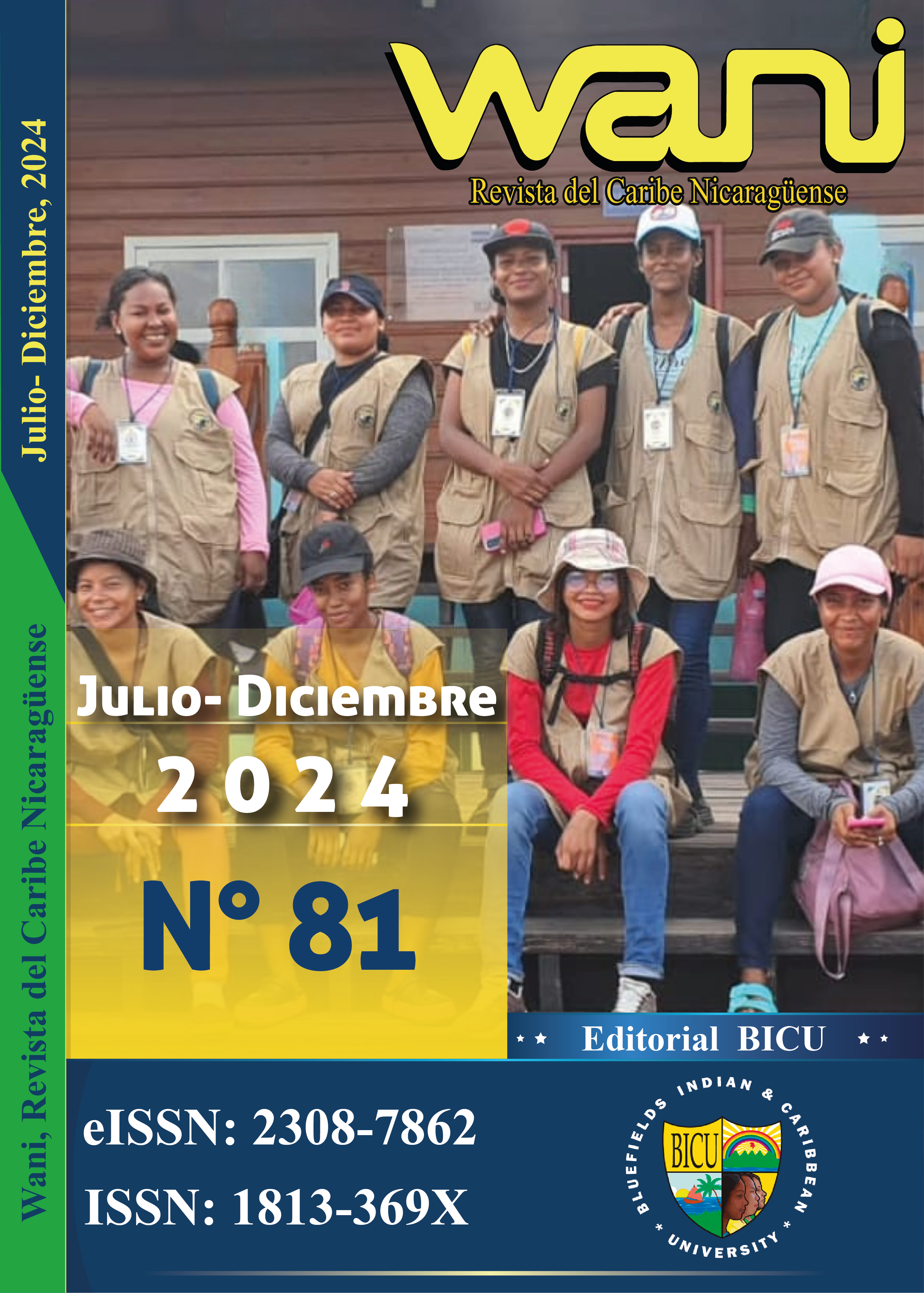Trends and challenges in food production and their implications for the global system
DOI:
https://doi.org/10.5377/wani.v1i81.18767Keywords:
Environmental management, Food production, Energy resources, Biotechnology, RoboticsAbstract
To address the growing food demand amid overpopulation, humanity has resorted to methods that significantly alter planetary systems. This review article explores how energy sources, genetic modification, and advanced technology impact on food production and its planetary implications. A total of 65 scientific documents published between 2000 and 2020, available in Scopus and Google Scholar, were reviewed, and a synthesis of the studied topics was prepared to discuss with professionals from various disciplines how these might influence environmental management in each territory. Historically, the transition from muscle power to fossil fuels has driven technological development and enabled the industrialization of food production. This advancement has intensified the exploitation of natural elements, causing deforestation, soil erosion, pollution, drinking water shortage, and climate changes. Moreover, to increase food production, the flora and fauna consumed have been genetically modified, affecting their nutritional quality. The consumption of these transgenic foods, coupled with exposure to pollutants, has increased the prevalence of diseases that compromise human health. In response, cybernetic and robotic technologies are being developed to overcome these biological limitations and advance towards the creation of a type of superhuman. This analysis concludes with the proposal of action guidelines that promote sustainability in food production, aiming to improve health and global well-being in each planetary system, in the face of the identified global superproblems.
Downloads
616
Downloads
Published
How to Cite
Issue
Section
License
Copyright (c) 2024 Bluefields Indian and Caribbean University

This work is licensed under a Creative Commons Attribution-NonCommercial-ShareAlike 4.0 International License.




